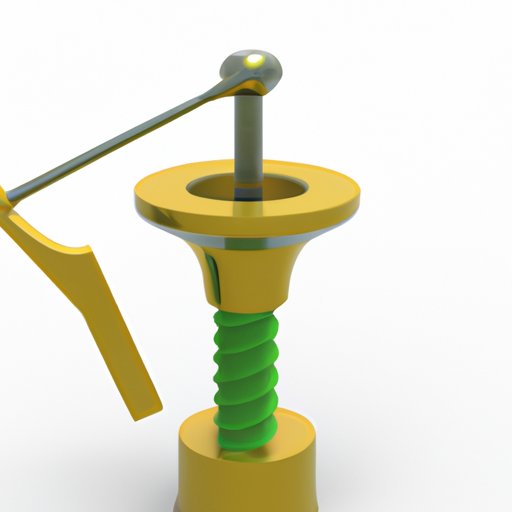Introduction
After undergoing a tooth extraction, the last thing you want is to experience the intense pain and discomfort of dry socket. This occurs when the blood clot that forms after the extraction becomes dislodged or dissolves prematurely, exposing nerves and bone. Fortunately, taking a few simple steps can help prevent dry socket and facilitate a smooth recovery. In this article, we will explore the best ways to avoid dry socket and promote healing.
Following Post-Surgery Instructions
One of the most important steps you can take to prevent dry socket is to carefully follow the post-surgical instructions provided by your dentist or oral surgeon. These instructions may include guidelines for medication, diet, and activities to avoid.
Importance of Following Instructions
Ignoring or neglecting important post-surgery instructions can lead to a variety of complications, including a greater risk of dry socket. Your dentist or oral surgeon will provide specific instructions that are tailored to meet your individual needs, so it’s essential to pay close attention and take these guidelines seriously.
Activities to Avoid
There are several activities you should avoid during the recovery period to prevent dry socket. Smoking is one of the most significant risks associated with dry socket, so if you smoke, it’s essential to quit or avoid smoking for several days after your extraction. Additionally, refrain from drinking through a straw, since the suction can dislodge the blood clot. Finally, avoid excessive physical activity and rest as much as possible to promote healing.
Managing Pain and Discomfort
Pain and discomfort are an inevitable part of the recovery process, but there are several ways to manage these symptoms effectively.
Ice Packs
Using ice packs can help relieve pain and reduce swelling after surgery. Simply apply an ice pack to the cheek for 15-20 minutes at a time, allowing for a 10-20 minute break in between applications.
Over-the-Counter Pain Medication
Over-the-counter pain medication such as ibuprofen, aspirin, or acetaminophen can provide relief from pain and discomfort. However, it’s important to follow the recommended dosages provided on the packaging and consult with your dentist or oral surgeon before taking any medication.
Avoid Hot and Spicy Foods
Hot and spicy foods can irritate the surgical area and increase pain and discomfort. Stick to soft, easy-to-chew foods that are gentle on your mouth and won’t disturb the surgical area.
Foods to Promote Healing and Recovery
Eating the right foods can help promote healing and speed up the recovery process.
Soft Foods
Start with soft, easy-to-chew foods such as broths, mashed potatoes, pasta, and eggs. Smoothies and yogurt are also good options for getting essential nutrients while avoiding solid foods that may irritate the surgical area.
Maintaining Good Oral Hygiene
Maintaining good oral hygiene is essential for preventing infection and keeping the surgical site clean.
Brush Gently
Brush your teeth gently, avoiding the surgical area as much as possible. When brushing near the surgical area, be particularly gentle to avoid damaging the blood clot that forms after extraction.
Use a Saltwater Rinse
Use a saltwater rinse to keep the surgical area clean and free of bacteria or other debris. Simply mix a teaspoon of salt in a cup of warm water, swish the mixture around in your mouth for a minute or two, and spit it out.
Managing Stress
Managing stress is another crucial part of the recovery process, and can help prevent dry socket by giving your body time to rest and heal.
Relaxation Techniques
Practicing relaxation techniques such as deep breathing, meditation, or yoga can help reduce stress and promote healing. Taking a warm bath or engaging in other relaxing activities can also be helpful.
Attending Follow-Up Appointments
Finally, attending follow-up appointments with your dentist or oral surgeon is essential for ensuring proper healing and preventing dry socket.
Importance of Follow-Up Appointments
Your dentist or oral surgeon will monitor your progress and assess the surgical site to ensure that it is healing properly. They may also provide additional guidance or instructions if necessary.
Conclusion
By following these simple steps, you can help prevent dry socket and facilitate a smooth recovery after tooth extraction. Remember to follow your dentist or oral surgeon’s post-surgical instructions closely, manage pain and discomfort, eat soft foods, maintain good oral hygiene, manage stress, and attend follow-up appointments for the best possible outcome. With a little patience and care, you can make your recovery period as comfortable and stress-free as possible.
